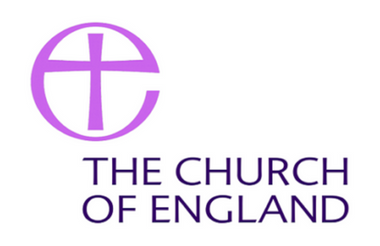The Church of England has paid £1.1m for a 3.6% stake in Charity Bank, the organisation has announced.
Its investment was made through its social impact investment programme, which is managed by the Archbishops’ Council and was established in 2020 to support projects which share the church’s Christian values and benefit society.
Charity Bank, which uses savers’ money to provide loans to UK charities and social enterprises, said the investment will enable it to make more than £8.8m in new loans.
Ed Siegel, chief executive at Charity Bank said: “Investment capital is vital to our mission. It underpins our lending activity and enables us to leverage our savers’ money. For every £1m of capital, we can make more than £8m of loans to the charities and social enterprises that are tackling some of the most challenging issues facing UK society today.
“We are very excited about the potential of this partnership, particularly as we seek to grow our activities in the ‘green lending’ space, which is a specific area of interest for the church, and as we continue to expand our lending to housing and social care providers, Christian charities and other faith-based organisations. We look forward to working together to use our financial resources to build a better world.”
Vanessa Morphet, head of social impact investment at the Archbishops’ Council, said: “Charities, social enterprises and faith-based organisations provide key services to communities in areas such as housing, social care, food banks, skills development and tackling loneliness.
“Charity Bank loans are a vital part of the funding landscape for these organisations enabling them to sustain, improve and grow their services. We are delighted that our equity investment will enable Charity Bank to support more of these organisations across the UK.”
Meanwhile, the charity investment arm of the Church of England recently announced a £100m funding pot to atone for its links to transatlantic chattel slavery.
The Church Commissioners revealed last month that the funding would be delivered over a nine-year period as part of a programme of investment, research and engagement.
Related Articles












